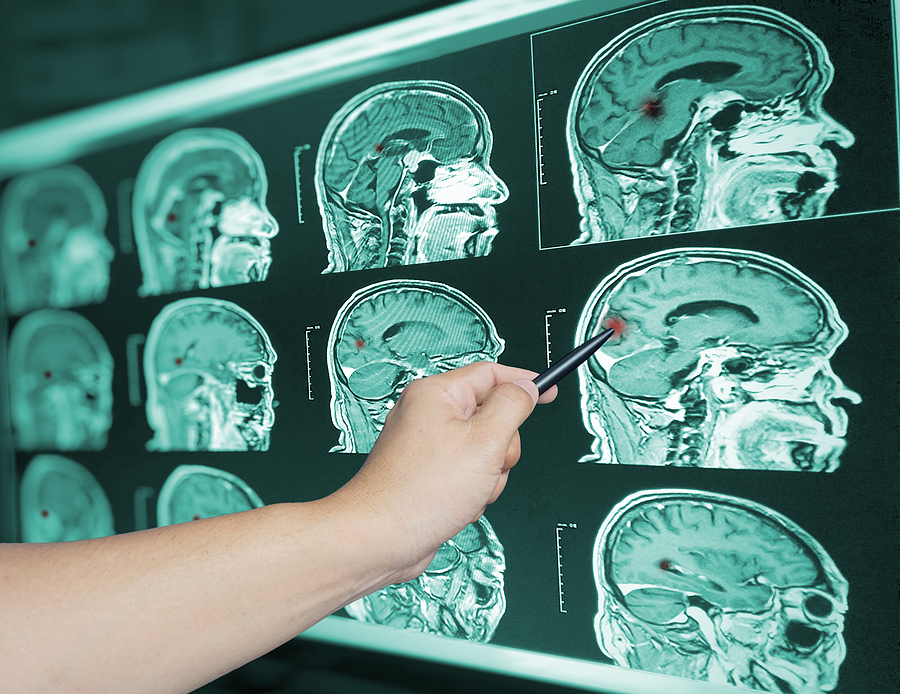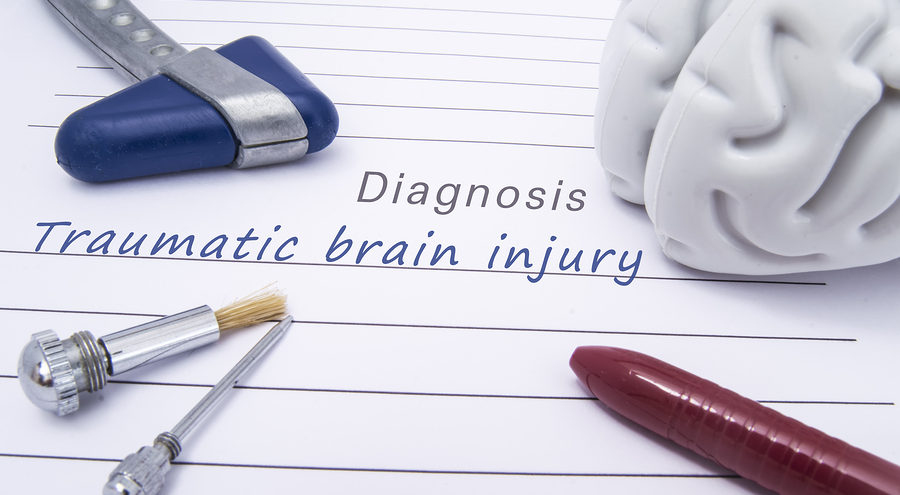Brain injuries are serious on all levels. Whether a minor concussion or a catastrophic TBI, a victim of a brain injury can experience severe ramifications, including a lengthy and arduous recovery and rehabilitation process, and potentially even lifelong disabilities or challenges. Brain injury victims are also known to endure mental and emotional difficulties during and after recovery, which can persist throughout their lives. These consequences can be life-changing, and even last a lifetime.
Needless to say, if your loved one was wrongly injured in an accident that caused them to suffer a brain injury, they deserve absolute justice, and so does your family. The best way to obtain justice after a loved one suffers a wrongful brain injury is to bring about a civil lawsuit against the at-fault party for the pursuit of financial compensation, if the insurance company for the at-fault person or company will not fully and fairly settle the claim.
Continue reading to learn more about Indiana brain injury claims, including how to get started on yours. With the help of a trusted and skilled personal injury law firm in Indianapolis.

Traumatic Brain Injuries (TBI’s)
A traumatic brain injury (TBI) is a very serious and sometimes catastrophic injury. Although it is usually obvious when a person has suffered injury to the head, it is common for victims to not know or feel like they have a brain injury because such symptoms can appear days or weeks later and the injured person may not even notice the symptoms because their brain is not functioning normally and it is not until their loved ones tell them what they see going on before the symptoms can get addressed. One such phenomenon is brashly known as the “Talk-and-Die” syndrome, which happens when a person seems normal after an accident involving head trauma, even speaking and carrying on with their daily routines, but then dies a few days later from internal bleeding in the brain.
Common signs of brain trauma include unconsciousness, vomiting, dizziness, slurred speech, extreme fatigue, migraines/headaches, mental confusion, extreme mood changes, dilated pupils, bruising and difficulty walking. If you or a loved one ever experiences any type of concerning impact to the head or neck, it is important to seek immediate medical attention to ensure that the skull and brain were not damaged.
How to File a Brain Injury Claim in Indiana
If your loved one loses their mental capacity to manage their own legal and personal affairs due to their traumatic brain injury, you may petition for guardianship. Upon being granted guardianship by the court, you may pursue a brain injury claim against the at-fault party who caused your loved one’s catastrophic accident. If the brain injury is not that severe, the injured person may bring the claim themselves.
Here in Indiana, the law permits immediate family members to bring about a brain injury claim on behalf of their injured loved one. Immediate family members are considered to be lawful spouses, children, and dependents. If your loved one has passed away due to their traumatic brain injury, you may bring about a wrongful death claim on their behalf.
In order to file a brain injury claim in Indiana, it is critical that you retain professional legal counsel from a seasoned personal injury law firm that specializes in head and brain injury cases. With the help of an experienced brain injury lawyer, you may recover compensation for past, current, and future damages, such as hospital bills, medical expenses, loss of Social Security benefits, lost wages, loss of source of income, pain-and-suffering, mental anguish, loss of consortium, loss of companionship, reduced quality of life, and much more.
If you are ready to file a brain injury claim on behalf of your loved one, act fast. Under law, you only have 2 years from the date of the accident to do so and even less time if the at fault party is a governmental agency. Contact the Law Office of Craven, Hoover, and Blazek P.C. at 317-881-2700 to speak with an experienced brain injury attorney in Indianapolis, Indiana. We offer free initial case evaluations, over the phone, via video, or in person at our office. The sooner you call, the sooner we can start obtaining evidence critical to your case.
Related Posts:
Common Damages Awarded for Traumatic Brain Injury Accidents
What To Do After Sustaining a Serious Head Injury
How to Get Help With Your Minor Traumatic Brain Injury (MTBI) Claim



